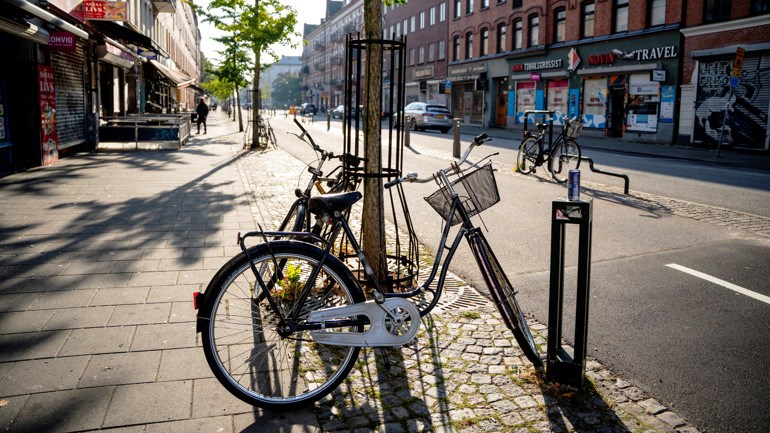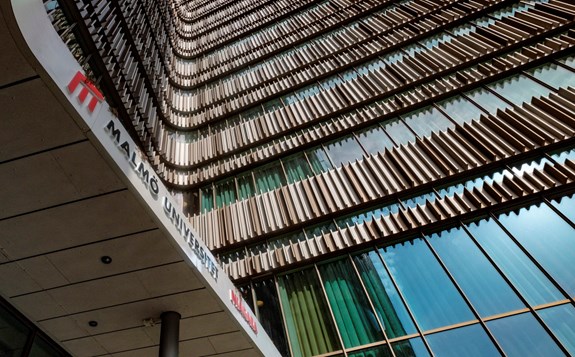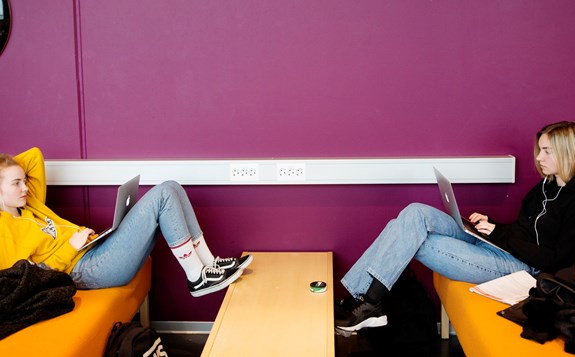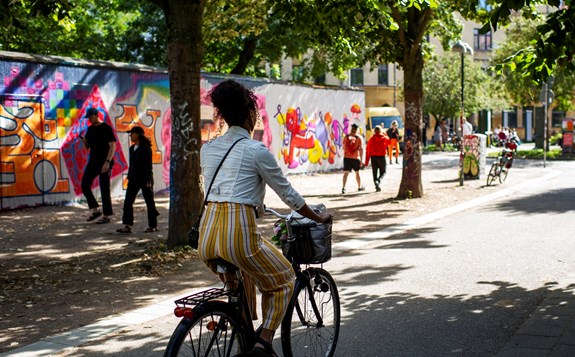FACULTY OF EDUCATION AND SOCIETY | Seminar
Dominic Hinde: Telling the story of the energy transition
Wednesday 17 September, 15:00 - 17:00
Niagara NI:A0411, 4th Floor, Nordenskiöldsgatan 1

Empirical fiction and the busy-ness of everyday life
We are collectively hunting for a story, more specifically a macro story that can shift us from a carbon economy to a decarbonised economy. Old habits and new truths brush against each other in the creation of the future, and there is a tension at the heart of social science research between its desire for empirical objectivism and its embrace of sociology as a narrative sense-making practice.
Much has been written on the overlap between journalism, anthropology and ethnography and its potential to address this problematique, with scholars both embracing the confluence of and seeking to police the borders between these respective forms of praxis.
This paper recounts an attempt to bridge this gap, combining affective storytelling with anthropological sensibilities in the production of a public narrative of climate and energy in Scotland. Using anthropological fieldwork, photo montage and journalistic writing, it covers both urban and rural Scotland, constructing the story of energy transition as part of the ‘busyness of everyday life’ on a climate roadtrip through the changing energy landscape.
The lecture is part of the Sociology@MaU seminar series.
Sociology@MaU is a seminar series that highlights sociological perspectives in research, both within and outside Malmö University. Sociology@MaU brings together researchers and practitioners in discussions on contemporary issues and challenges and stimulates interdisciplinary dialogue based on sociological perspectives. The seminars aim to encourage intellectual exchange and conversation about theories, methods and empirical fields, thereby providing a breeding ground for ideas about new – more equitable – ways of organising society. The seminars are open to anyone who is interested.



